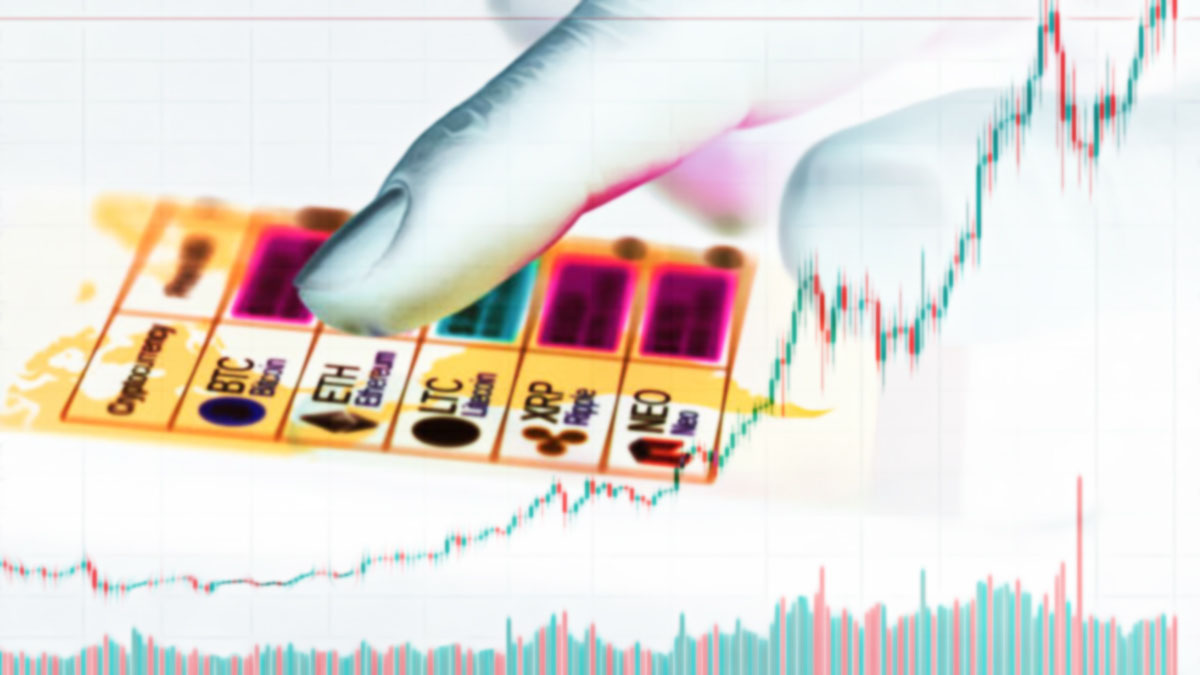A European nation has recently fortified its state-owned cybersecurity systems by integrating QANplatform’s quantum-resistant blockchain technology. This strategic move aims to shield critical infrastructure against potential quantum computing breaches. The specific country remains unnamed due to security precautions. This adoption marks a significant step in the utilization of blockchain to develop smart contracts and applications impervious to quantum computing threats.
Commitment to Advanced Cybersecurity
Patrick Storchenegger, the CEO of QAN’s Intellectual Property holding company, has emphasized that the QAN roll-up technology is now a crucial element of the nation’s advanced cybersecurity defenses. Post-quantum cryptography has gained momentum, particularly after IBM unveiled its second-largest quantum processor, IBM Condor, featuring 1,121 qubits, in December 2023.
The European Commission had already been proactive in quantum research, launching the Quantum Flagship initiative in 2018 with a massive budget aimed at supporting a decade of innovation in this field. Moreover, tech giants like Apple are also taking steps to secure their communication platforms against quantum decryption risks. Apple’s iMessages updated in February to incorporate post-quantum cryptography, while Signal upgraded its encryption in September 2023.
Industry Leaders on Quantum Security
Johann Polecsak, QANplatform’s co-founder and CTO, insists on the necessity for forward-thinking in cybersecurity against quantum-related vulnerabilities. He argues that the threat of quantum attacks on current security algorithms is inevitable, hence the imperative to innovate preemptively. QANplatform’s architecture is designed with this foresight, ensuring robust defense against these emerging threats.
The platform’s developments are further bolstered by a 15 million dollar investment from MBK Holding in December 2023, which will be allocated to enhancing their quantum-resistant technology roll-ups. The ongoing commitment to quantum-safe solutions indicates a growing awareness of the potential challenges quantum computing poses to cybersecurity.












